Nothing can expose the universality of the human experience entirely like art does. Art is powerful because it allows us to step into other parts of the world, empathize with other people’s life experiences, and even explore parts of ourselves. And that superpower isn’t lost on actress Shannon Dang. For the Southern California–born actress, her time in the spotlight has seemingly always coincided with a more profound desire for expression. That driving force shows up in the star’s life in numerous ways—from her quirky personal style to her career as a professional dancer to her numerous roles on-screen for the past 23 years. But it’s not just the multi-hyphenate’s desire for personal expression that’s motivating her. Upon further inspection, you can easily conclude that Dang’s career has always been more profound than that. Dang is actively trying to show up for, tell stories about, and advocate for the AAPI community.
On the surface, you can see that through how she’s always donning a look from Asian-American designers like Laura Kim of Monse and Prabal Gurung; but beyond that, it’s her acting that speaks to this aim. While the star has a long résumé of acting in series like Sorry for Your Loss and The L Word: Generation Q, it wasn’t until 2021 that she landed her recurring starring role in securing CW’s television series, Kung Fu. And what makes this series so unique for the star, besides it being her first big break, is that she’s not only acting alongside a cast of Asian actors but the series is written by Asian-American writers Christina Kim and Robert Berens. Historically speaking, any action film centering on Kung Fu or superheroes either manages only to hire one Asian actor or uphold xenophobic and racist ideas through its writing. But this television series isn’t that, and Dang isn’t trying to do that with her work either. This star is intentional about everything she does, and that shines through (both in her work and personal style). But you don’t just have to take our word for it.
Ahead, you’ll hear from Shannon Dang herself on her career, how she hopes her work dismantles stereotypes onscreen, and her relationship with style. Plus, she was heroic enough to shoot some of her favorite pieces in her wardrobe and share her favorite AAPI-owned fashion brands. If you didn’t love Dang before, prepare to be kicked off your feet.
How did you decide you wanted to get into acting?
Growing up, I was obsessed with the Disney Channel and especially the actress Brenda Song. She was hilarious and relatable, and seeing her on TV was one of the earliest inspirations that had me thinking, “I could do that!” I would watch shows with kids my age and imagine being their friends and sharing crazy adventures with them. I didn’t know it was “acting.” It just looked like they were having fun, which compelled me to get into it.
You’ve been acting since you were young; how do you feel your relationship with the craft has evolved as you’ve worked on more projects?
My parents have always supported my love for performing and introduced me to the acting world. At first, I booked a lot of commercial work, and at that time, I didn’t see it as a craft; I was showing up and being myself. But, when I started to go out for more roles, I became consciously aware that I was “acting” and would be so nervous the entire audition and then so sad when I didn’t book the job. I wasn’t mentally mature enough to handle the “everyday rejection” of being an actor.
So I quit to focus on school and started professionally dancing at 13; first on the WNBA LA Sparks Troop hip hop team, then I danced for the NBA LA Clippers and the NFL LA Rams. The dance industry is just as crazy as the actor’s life—it’s filled with non-stop training, fighting traffic to go to auditions, constant rejection, and working several jobs to keep yourself afloat. That grit and hustle mentality from the dance industry nurtured my confidence to pursue acting again. Over time, the relationship with my craft evolved from “trying to get it right” and “hoping people like me” to just doing work and trusting the results. The more I learn about myself, the more I’ve been able to explore and put different versions of myself into my work.
What has been a monumental moment in your career thus far?
Though performing at the Super Bowl LIII was incredible, I’d have to say booking my role as Althea Shen in Kung Fu has been the most monumental moment in my career thus far. Not only was it my first series regular job, but I felt incredibly close to this character. I used to analyze character breakdowns and try to make myself “be what the casting directors must be looking for.” Auditioning for this role was one of the first times I decided to come in with a version of myself and what I wanted to do with the character. It meant so much to me knowing that hard work and trusting in my instincts had paid off in helping secure the role.
You’ve been a star on the CW series Kung Fu since 2021—can you tell us what compelled you to be a part of that project? And why do you feel it’s an important story to tell?
What initially intrigued me about this project was seeing how excited my Dad was when I told him I was auditioning for the reboot of a show he grew up with. But once I saw the audition breakdown looking for an all-Asian cast, I immediately was drawn to it. I remember thinking, “Really, they’re looking for multiple Asian actors, not just one ‘token?’ I knew this would be something special, bigger than myself, and I had to be part of it. I became Althea Shen, and Kung Fu became the first predominantly Asian cast for a drama series on a major broadcast network. I wish I had shows like ours on TV to watch when I was younger; to see families that looked like mine would’ve been so cool. Now, generations of AAPI families are watching thistogether and seeing themselves in our show—it’s such a rewarding feeling.
Historically speaking, Hollywood’s films and television series have commonly depicted the AAPI community in a xenophobic and ignorant light-—how do you hope your work helps dismantle stereotypes onscreen?
I love that our showrunners, Christina Kim and Robert Berens, have done a wonderful job creating fully fleshed-out characters and storylines that dismantle stereotypes on screen. My character, Althea Shen, is a bubbly fashionista who also happens to be a boss-babe tech CEO. She’s often a comic relief but also very layered and sensitive. Audiences of all backgrounds and ethnicities find her relatable and aspirational—she just happens to be Asian. The more we have diverse actors playing multidimensional characters, the further along we are in breaking those ignorant stereotypes. I love that Kung Fu has done a fantastic job with this, and I’m so honored to be part of moving the needle forward.
What makes Kung Fu so unique is that, unlike other series, it champions and centers on Asian heritage by putting the storytelling power in the hands of AAPI creatives. What has it been like to bring Christina M. Kim’s writing to life, and what do you hope people take away from the series?
It’s been such a joy and privilege to be part of this show and bring Christina’s world to life. I love that Kung Fu is not only a medium of entertainment, but also an opportunity to normalize, bring humanity to, and give a glimpse of what it’s like to be Asian American. It’s been an incredible and rewarding experience to be part of something bigger than myself and bigger than just a TV show. While Kung Fu has subtle yet authentic cultural nuances, it’s also filled with universal messages of life, family, bravery, love, pain, etc. I hope that audiences feel entertained, moved, empowered, and inspired by our show.
Your character in the series, Althea Shen is incredibly stylish—what has it been like to work with the costume designer, Angus Strathie, for the show? And would you say your style is similar to Althea’s style?
Whenever I go into a fitting for Althea, I feel like I’m getting to play dress up! Our costume designer, Angus Strathie, is fantastic; he’s innovative, collaborative, and always wants me to feel great in the clothes. The original pilot audition never mentioned anything about Althea liking fashion. The role was described as “Nicky’s tech-savvy older sister,” so most people auditioning came in wearing blazers and various looks of work attire. For some reason, I felt compelled to show up in a hot pink flared-leg jumpsuit, heels, pearls, and a long coat. The showrunners loved this bold, bright version of the character, and it became the main essence of who Althea is. She’s colorful, fun, and sassy, and her clothes are an extension of herself! While I love getting dressed up like Althea, I’m also just as happy in jeans, sneakers, and an oversized sweater. I’m more of a dress-for-comfort type of person, which is why I enjoy living vicariously through Althea’s wardrobe onscreen.
Beyond onscreen or on the red carpet, what role has fashion played in your everyday life?
I think fashion has this beautiful way of bringing people together. I’ll never forget that when I was in elementary school, my best friend and I would call each other every night and discuss what we would wear the next day. Once a week, we’d match, and it was so cute. Fast forward through adolescence and adulthood, my friends and I still love bonding over fashion and outfit discussions. I’ll never get tired of hearing, “so what are you going to wear?” I love being thoughtful and creative in my attire choices, no matter what my day looks like.
What does Asian American and Pacific Islander Heritage month mean to you?
Although culture and diversity should always be celebrated year-round, I love this month because it makes me extra mindful and appreciative of the Asian American influences and experiences in everyday life—the food, the culture, the community, and especially fashion. I’m pulling out some of my favorite pieces to highlight and celebrate a few of my favorite designers, brands, and small businesses.
You were kind enough to shoot some of your favorite pieces for us—can you explain what you love about them?
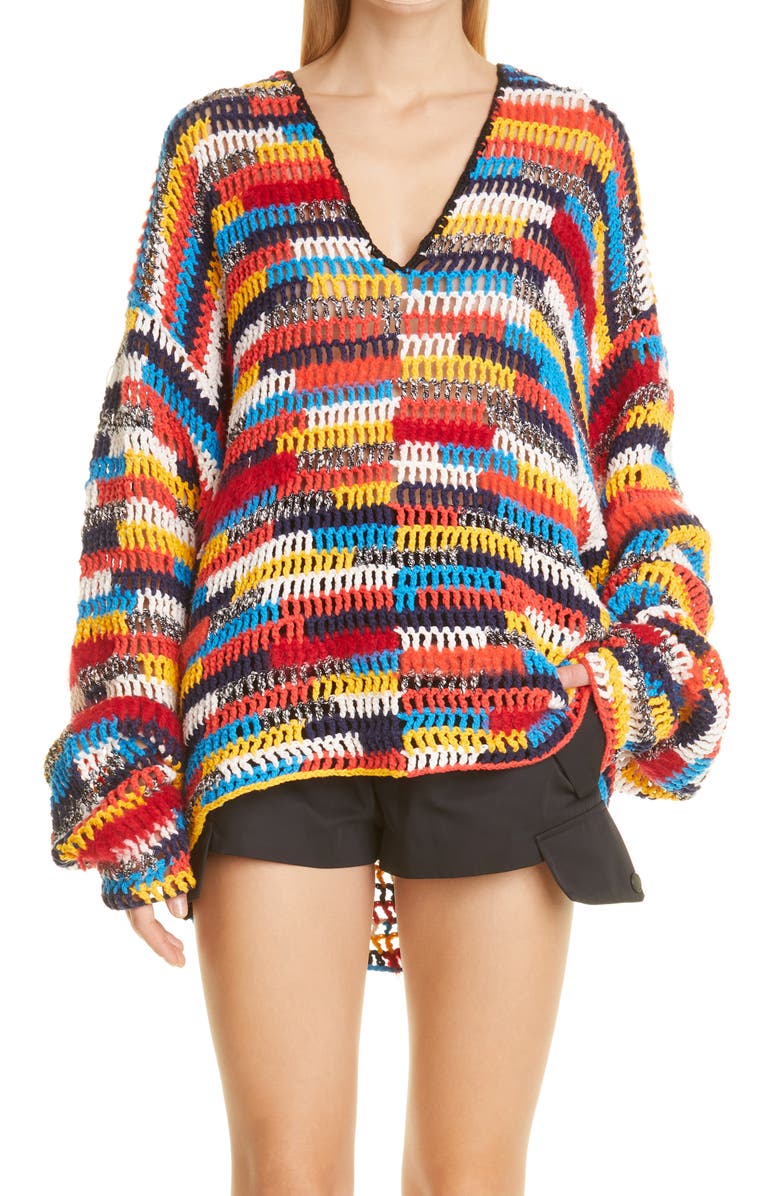
For my first look, I wanted to wear a cozy knit sweater from Monse. The balloon sleeves are what sold me, and all I want to do is be around them at home all day. I’m a SoCal baby, so it’s taken some time for me to get used to working a lot in colder Vancouver, Canada. Living there has made me appreciate comfortable, oversized things that I can wear, and this sweater is my go-to. And when I’m back in LA, I love wearing it to the pool!
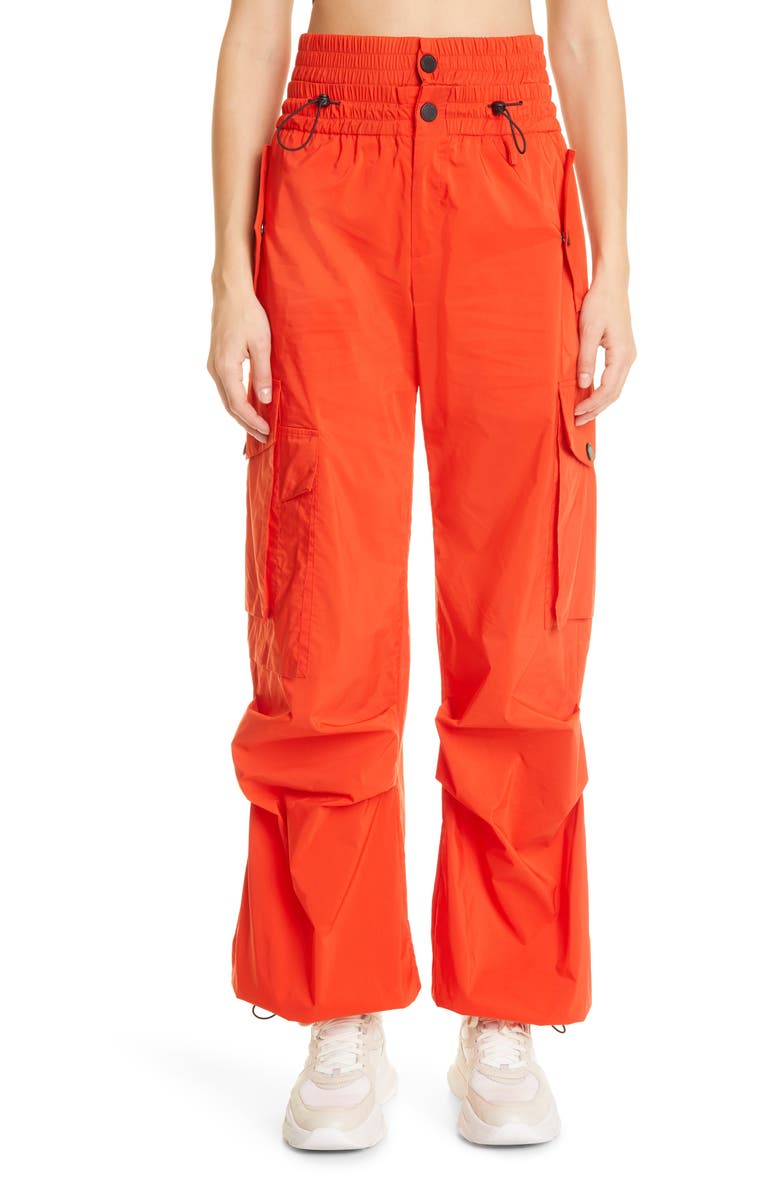
I wanted to highlight these Monse parachute pants for my second look because they are so comfortable and fun! Sometimes I want to wear pants out and don’t feel like wearing jeans all the time. These are breezy and comfy, and my favorite part is the waistline. The drawstrings make it fun to play with, and I’m obsessed with the pockets!
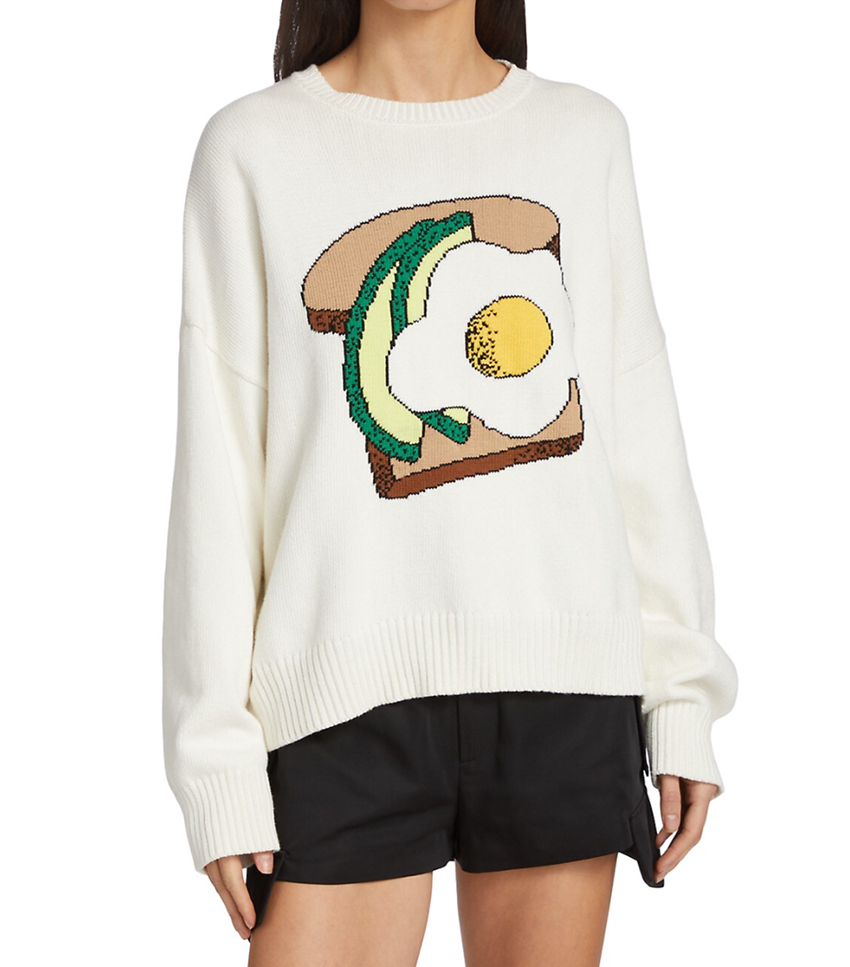
Can you see how much I love Monse? For my third look, I wanted to wear this avocado toast sweater by Monse. What I love about this sweater (besides the fact it makes me hungry) but that it’s comfortable enough to wear everywhere.
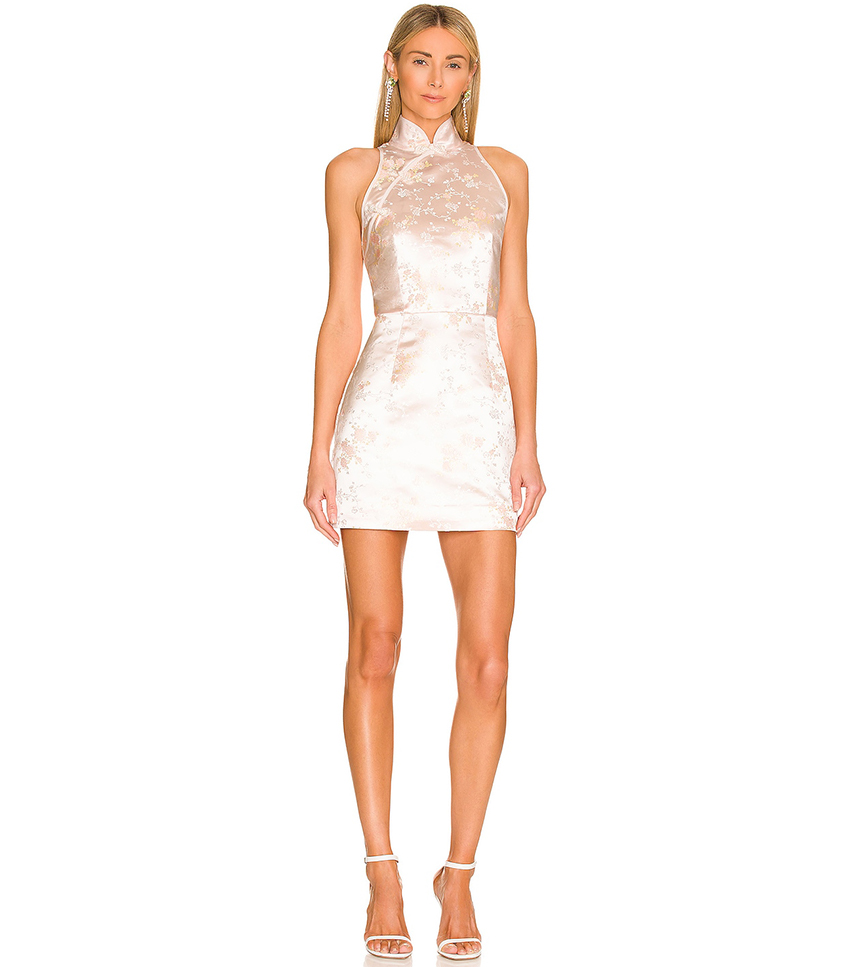
I wanted to wear this pink cheongsam mini dress for my fourth look as it’s one of my favorite items in my closet. My Grandparents have a store in Chinatown Los Angeles called Phoenix Imports, and my Grandma has always loved giving me traditional Chinese clothing over the years. I’ve become more appreciative of these pieces and try to wear them as much as possible. It’s fun to play around with these traditional items and add my personality and modern touches to them.
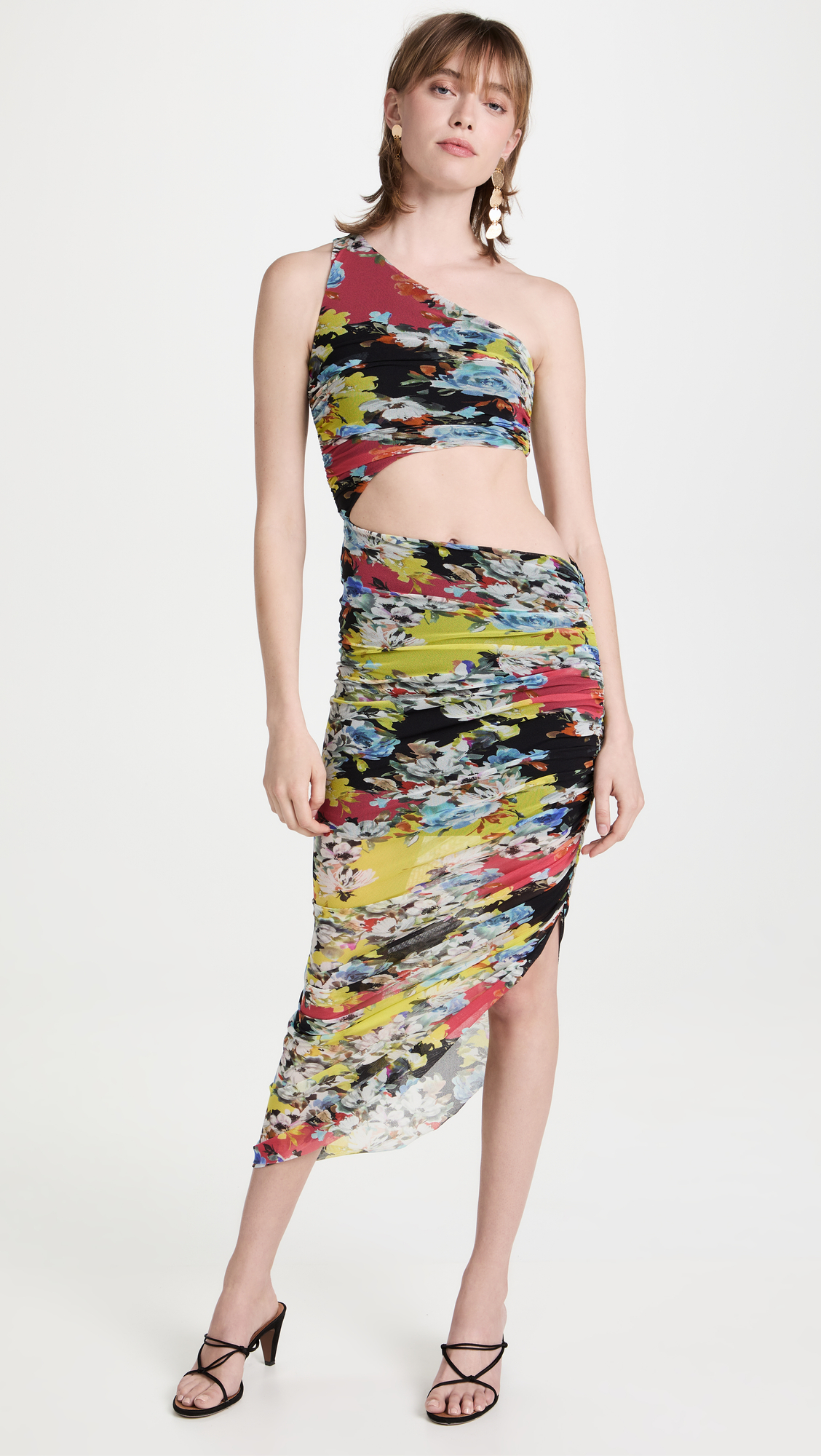
For my last look, I wanted to wear one of my favorite designers, Prabal Gurung. I’m always drooling over his evening wear and gowns and want everything for my closet. The first thing that drew me to this dress was the flirty silhouette and how empowered it made me feel! It’s form-fitting, sexy, and colorful, and I love floral patterns. From the neckline to the cutouts, to the ruched hip line with long bedazzled tassels, there’s so many details in this dress that I fell in love with. I paired it with minimal accessories and barely-there shoes because this dress steals the show.
How has your identity informed how you approach every aspect of your life, from the projects you choose to be a part of to your clothing?
As a 4th generation Chinese American, I continue to grow increasingly appreciative and proud of my roots and culture. However, once I booked Kung Fu, I was immediately aware of how much impact a show like this could have, not just AAPI’s in entertainment but also for the community. It’s a privilege to have this platform, and I’m always looking for ways to support and highlight the AAPI community. My favorite part about doing this feature is knowing that someone could read this and feel empowered, creative, and inspired to support and celebrate some great AAPI brands and designers! Art is powerful—in many ways, it has superpowers because it can make you feel seen and if I’m able to make others feel that through my work then that’s worth it.
What are some of your favorite AAPI-owned fashion brands?
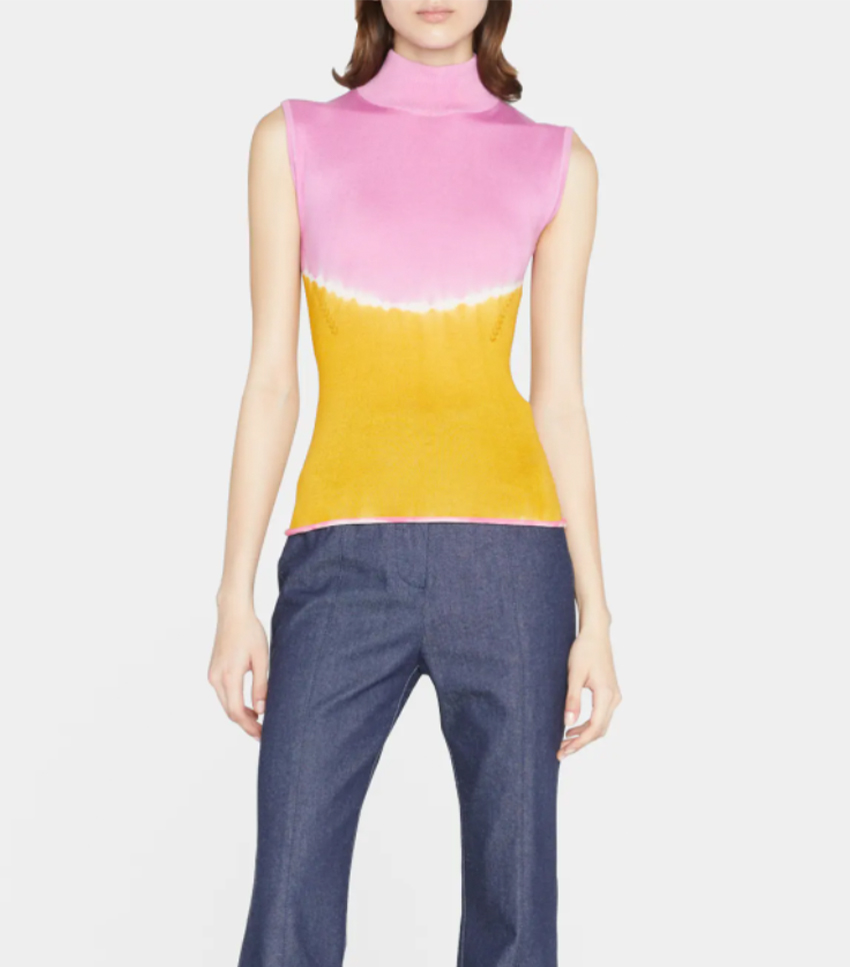
Prabal Gurung is a Nepalese-American designer that I love because he uses many bright colors, bold silhouettes, and unique feminine flair that I can’t get enough of.
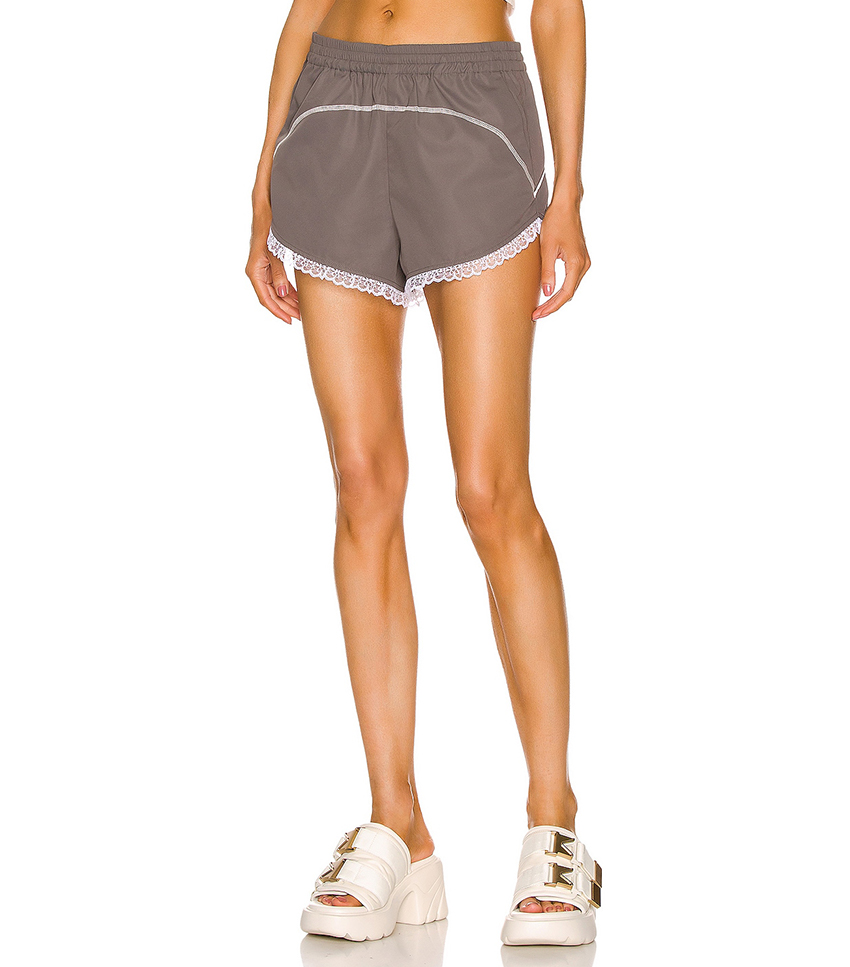
I’ve been a huge fan of Sandy Liang’s work for a while now. Her work not only has a ‘90s feel, but Chinatown grandmothers originally inspired the brand, so it’s a beautiful homage to our heritage.
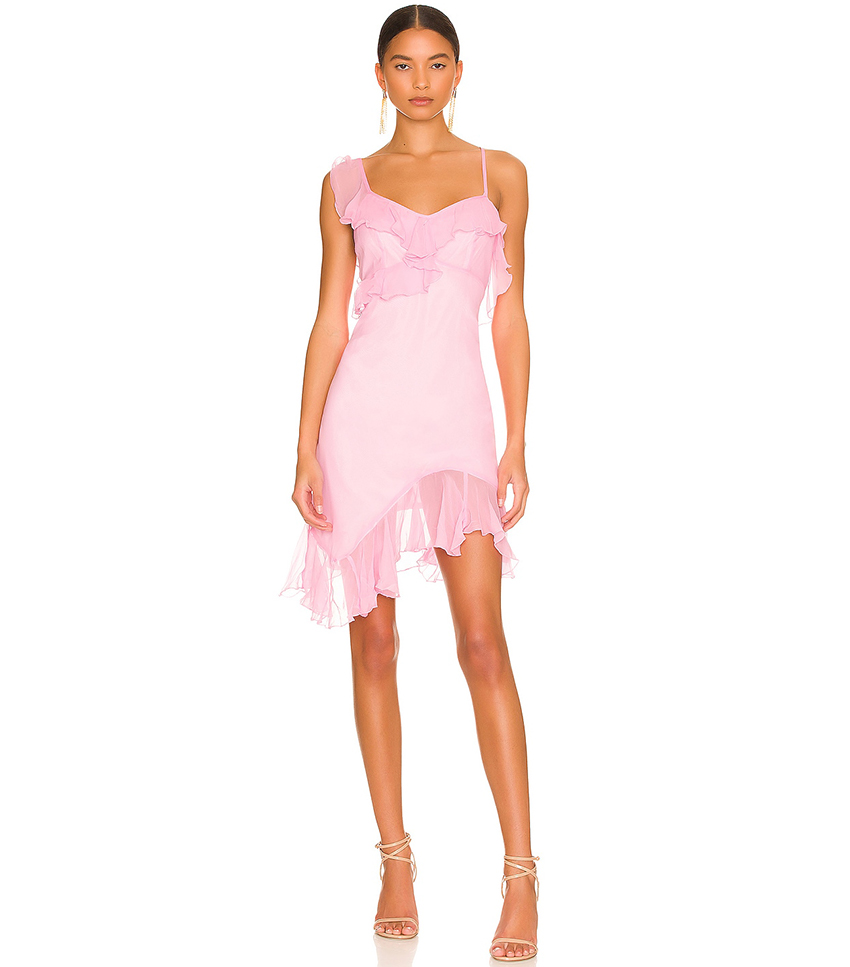
What’s not to love about Kim Shui? It’s colorful, sexy, and refined sheer clothing.
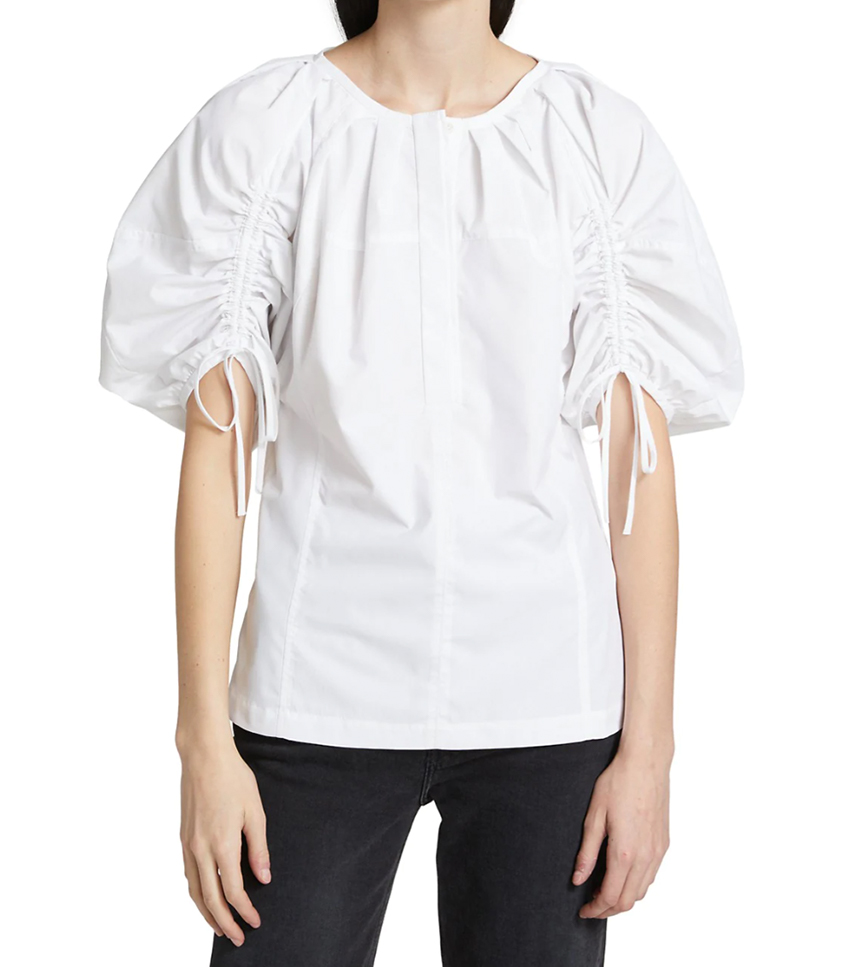
I love 3.1 Philip Lim because of its easy-to-wear, elevated, contemporary clothing. It’s perfect for everyday wear.
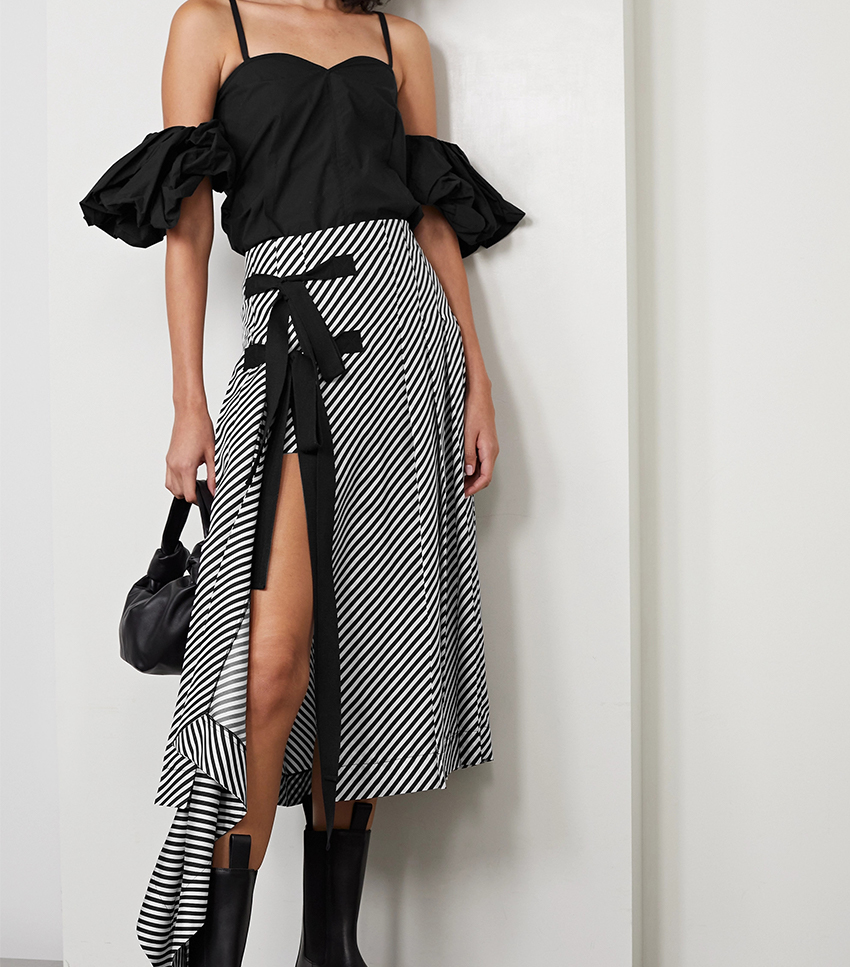
Created by Laura Kim and Fernando Garcia, Monse is one of my favorite brands because it’s inspired by menswear and classic tailoring with a deconstructed perspective.
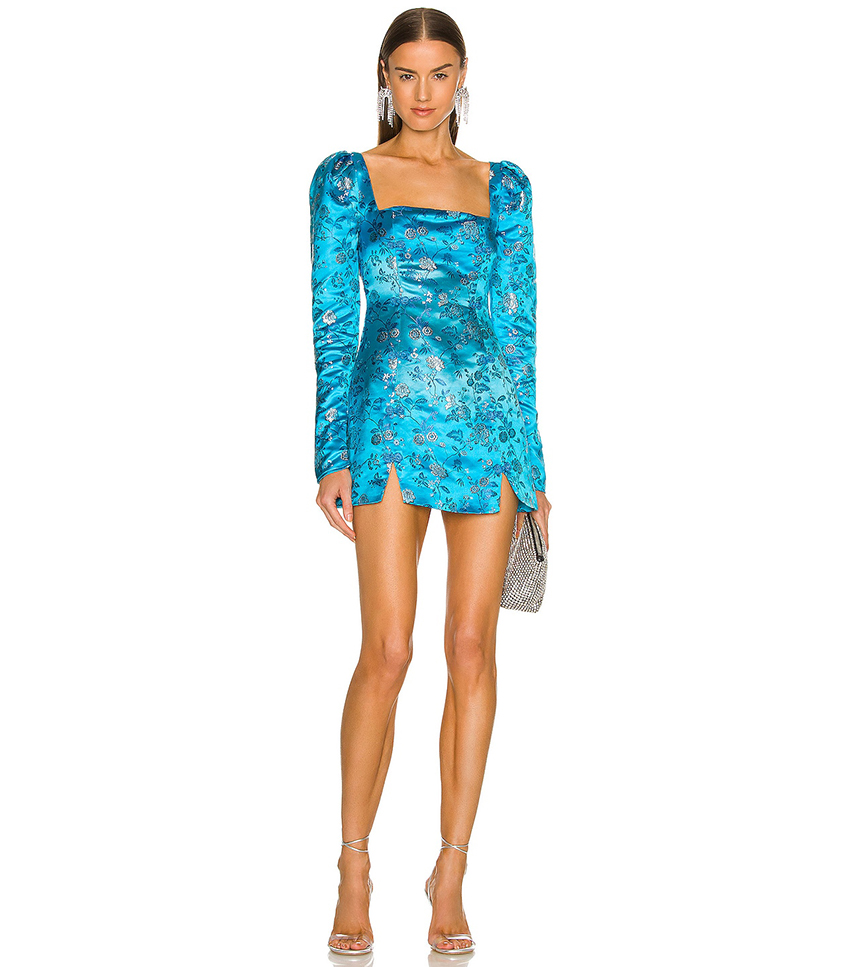
Another brand that I love is Sau Lee. It’s flirty cocktail attire with a twist on Chinese-inspired roots.
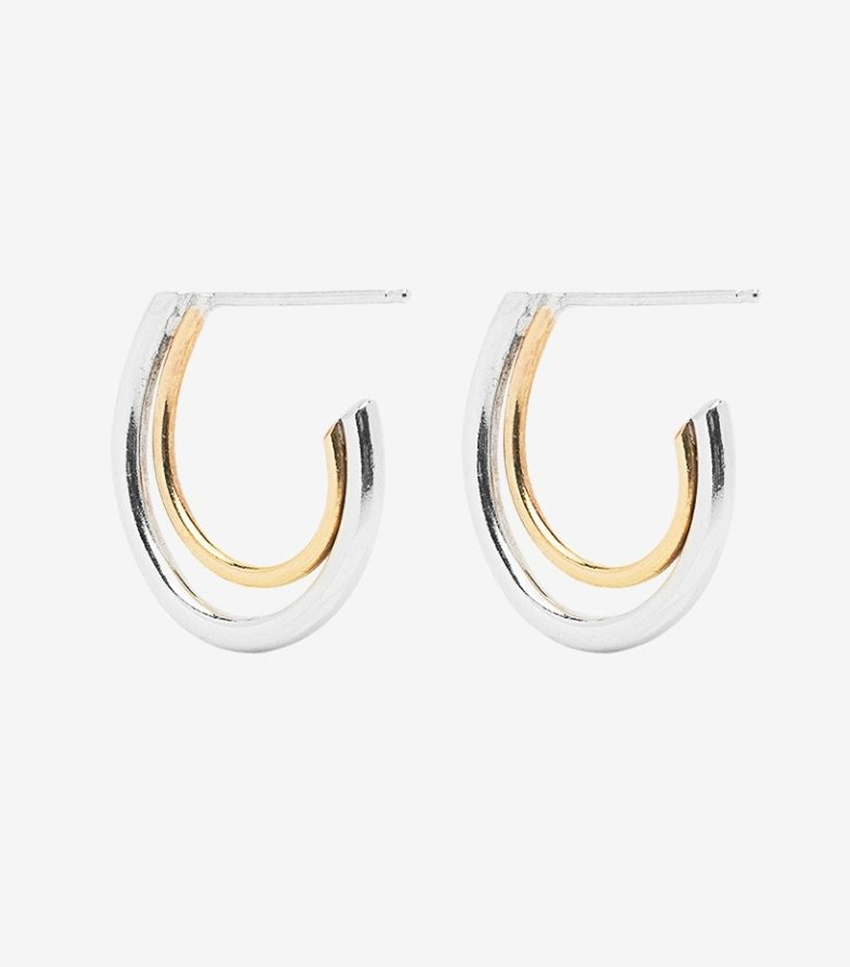
The Jewelry Edit is an Online boutique highlighting Asian American and POC jewelry designers. It’s a great place to discover emerging jewelry brands.
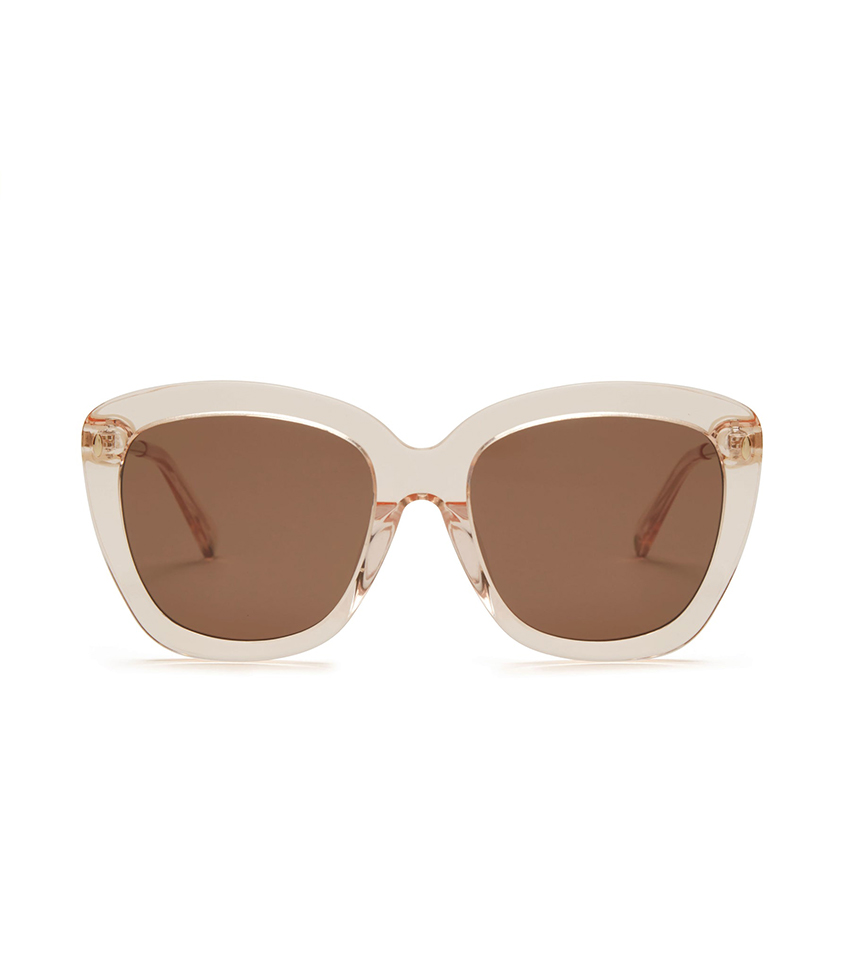
Covry is an Asian-American Female-Founded sunglasses brand that I love because it’s designed to keep Asian faces in mind.
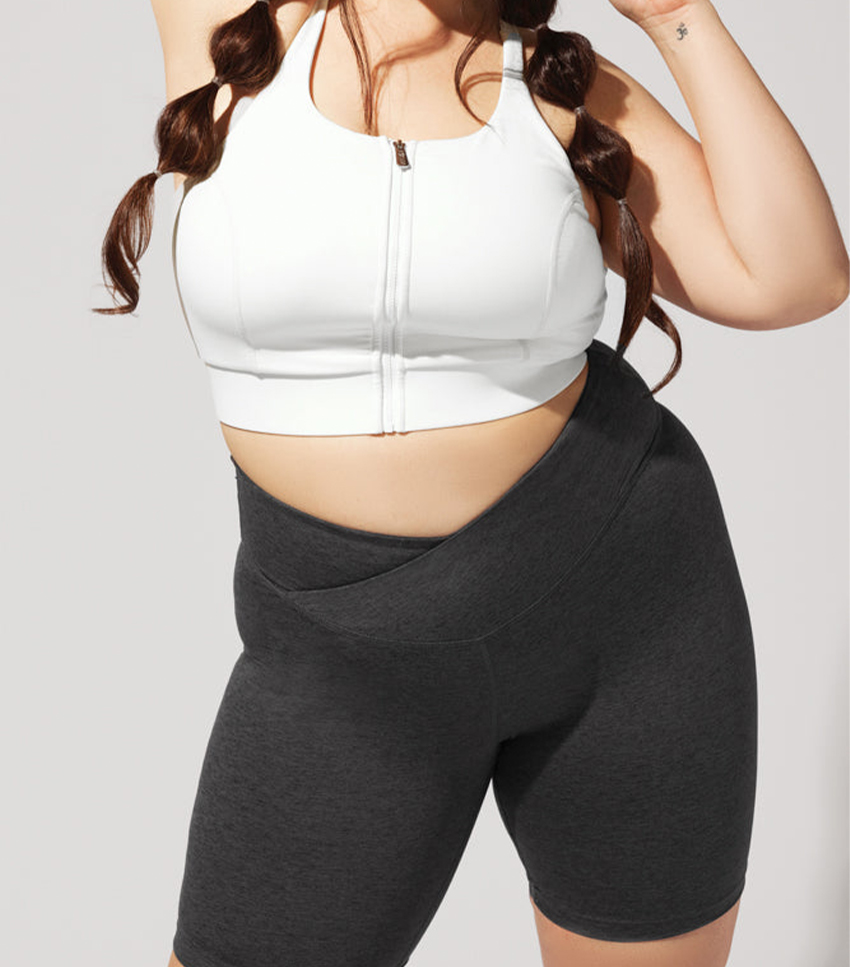
Popflex Active is functional size-inclusive activewear designed by Blogilates creator, Cassie Ho. It’s my go-to for cute workout attire.
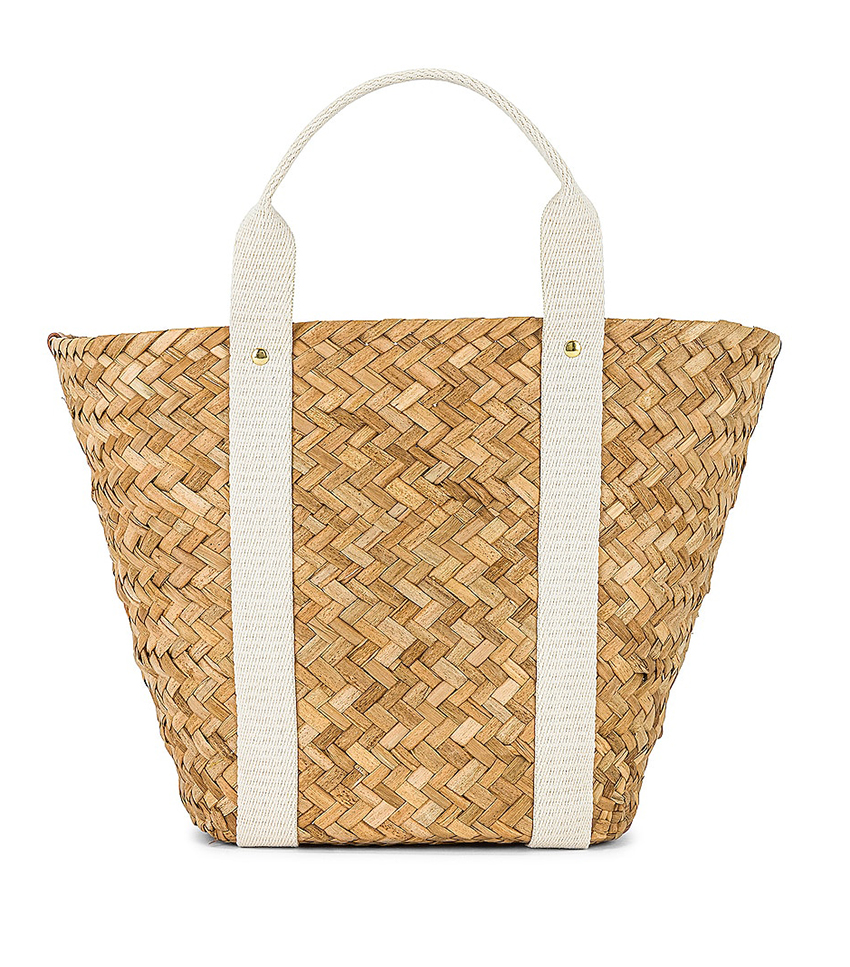
Last but certainly not least, I love the brand Kayu. It’s ethical and sustainable accessories from an AAPI-founded brand—what’s better than that?
Next: How These AAPI Designers Are Bringing Traditional Asian Designs Into Modern-Day
